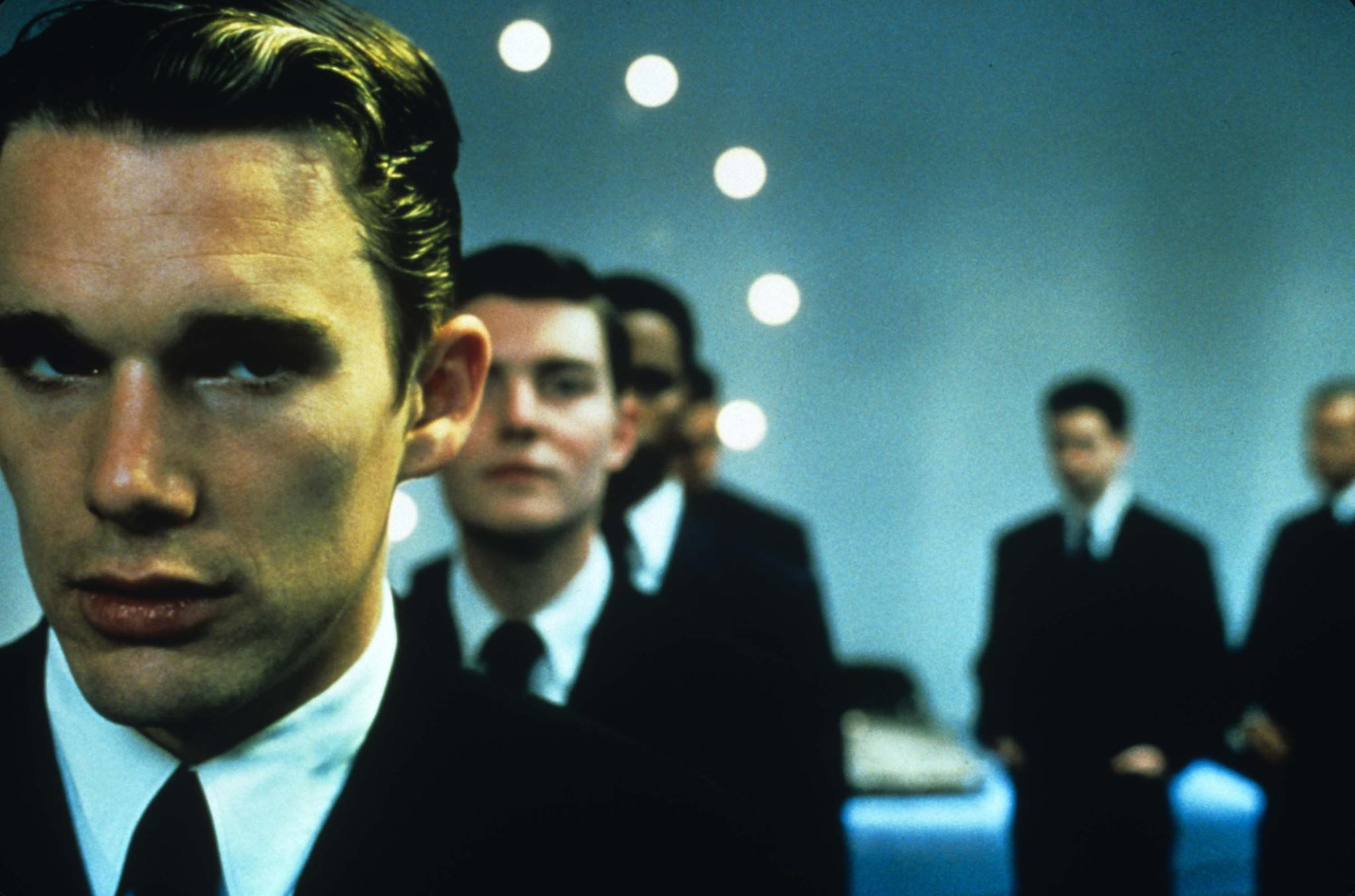
The Matrix is in the news again, with details that Warner Bros. are looking to expand its universe. They have a difficult path ahead, as the original film ranks as one of the most influential science-fiction movies of all time.
Taking philosophical cues from both Rene Descartes and the postmodernist Jean Baudrillard, the Wachowski’s created a brilliant new template for action movies that Hollywood has been trying to replicate ever since. Starring a never-bettered Keanu Reeves as the Special One Neo, he slowly realises that the world around him is not the real one, leading to a violent journey of self-discovery.
What was so great about The Matrix was the way in which its lofty ideals were perfectly integrated within the world of the movie. Thus the action sequences — replete with the revolutionary use of bullet-time, and hong-kong fighting techniques — were completely in sync with the themes of the film.
Coming at a time when the internet was still in its infancy, it utilised its structure to criticise the capitalism, false advertisements and hyperreality. The fact that The Matrix did this whilst remaining so entertaining at the same time marks it as one of the very best action movies of the 90s.
But what other movies are worth watching if you liked The Matrix? Below are ten films that should satisfy that Matrix craving until the next instalment comes out.
1. Hackers (1995)
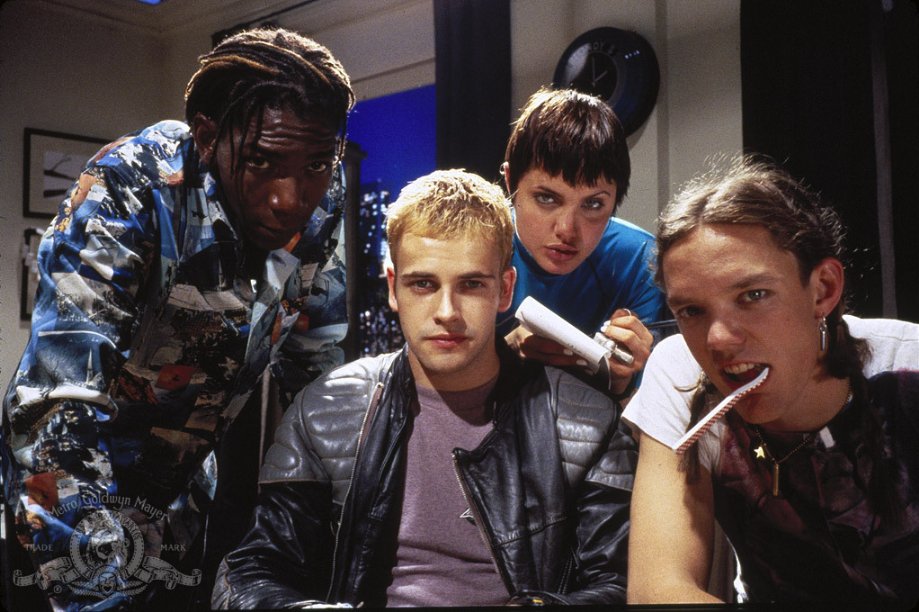
Back in 1995 the internet was still a young and strange place. For some it was viewed as positively utopian, for others it seemed to harbour all kinds of dark and dangerous secrets. Inspired by many of the same subcultures as The Matrix, including hacker culture and cyberpunk, Hackers may not be as philosophically potent, yet it is still an enjoyable ride nonetheless.
Heavily criticised upon its release for its near-total misrepresentation of how computer science actually worked, it stands up today as a historic document of how people initially saw the internet. With both the potential to create and destroy, the internet is seen in the film as the new Wild West.
With scenes of characters hacking away whilst the text from the computers beamed across their faces, there is no doubt that Hackers had a strong influence upon the world of The Matrix. What The Matrix did was take hacker culture one step further by having the characters be able to hack inside the fictional world created by the machines.
Additionally, it is worth a watch as it stars Angelina Jolie in one of her first roles. Playing the spunky Kate “Acid Burn” Libby, Jolie showed early on the kind of star quality that would make her one of the biggest actresses of the 21st century.
2. Ghost In The Shell (1995)
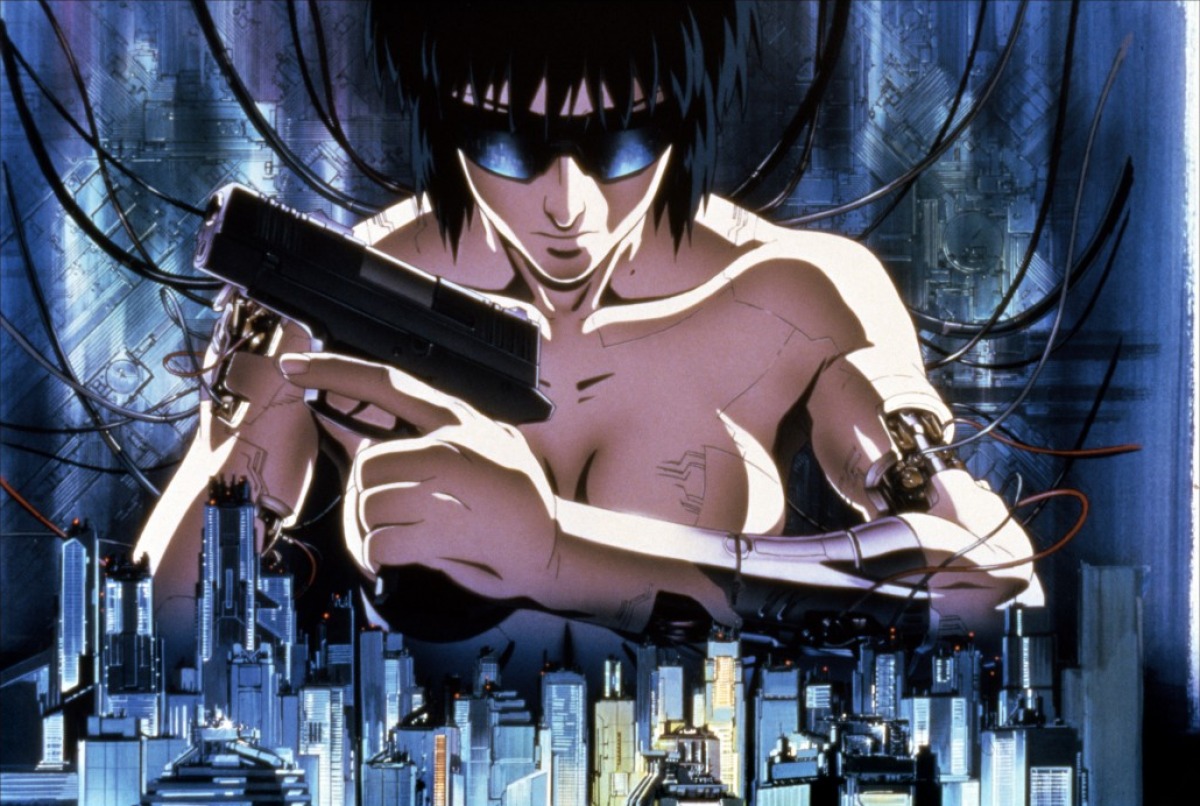
Released in the same year as Hackers, and by far the more visionary piece of cinema, Ghost In The Shell is arguably the apex of both emergent internet subcultures, cyberpunk and Japanese anime. Set in a hyper-modern city that evokes the sprawling metropolis of Hong Kong, Ghost In The Shell is renowned for its marriage of beautiful animation — created with both traditional cel animation and CGI — and deeply thought out ideas of identity.
The year is 2029, and the world is now completely connected by an electronic network that influences every part of daily life. Much like how characters in The Matrix move between the real world and the fake one, people are able to connect through “shells,” who obtain their consciousness and increase their abilities. At the centre of this is the Major Motoko, trying to uncover a hacker only known as the Puppet Master.
Concerning questions of sexuality and gender, these ideas proved highly influential on the now transgender Wachowski sisters, whose Matrix films purposefully seemed to star androgynous characters. With a remake starring none other than Scarlett Johansson tabled for release next week, there has been no better time to revisit the extraordinary original.
3. The Adjustment Bureau (2011)
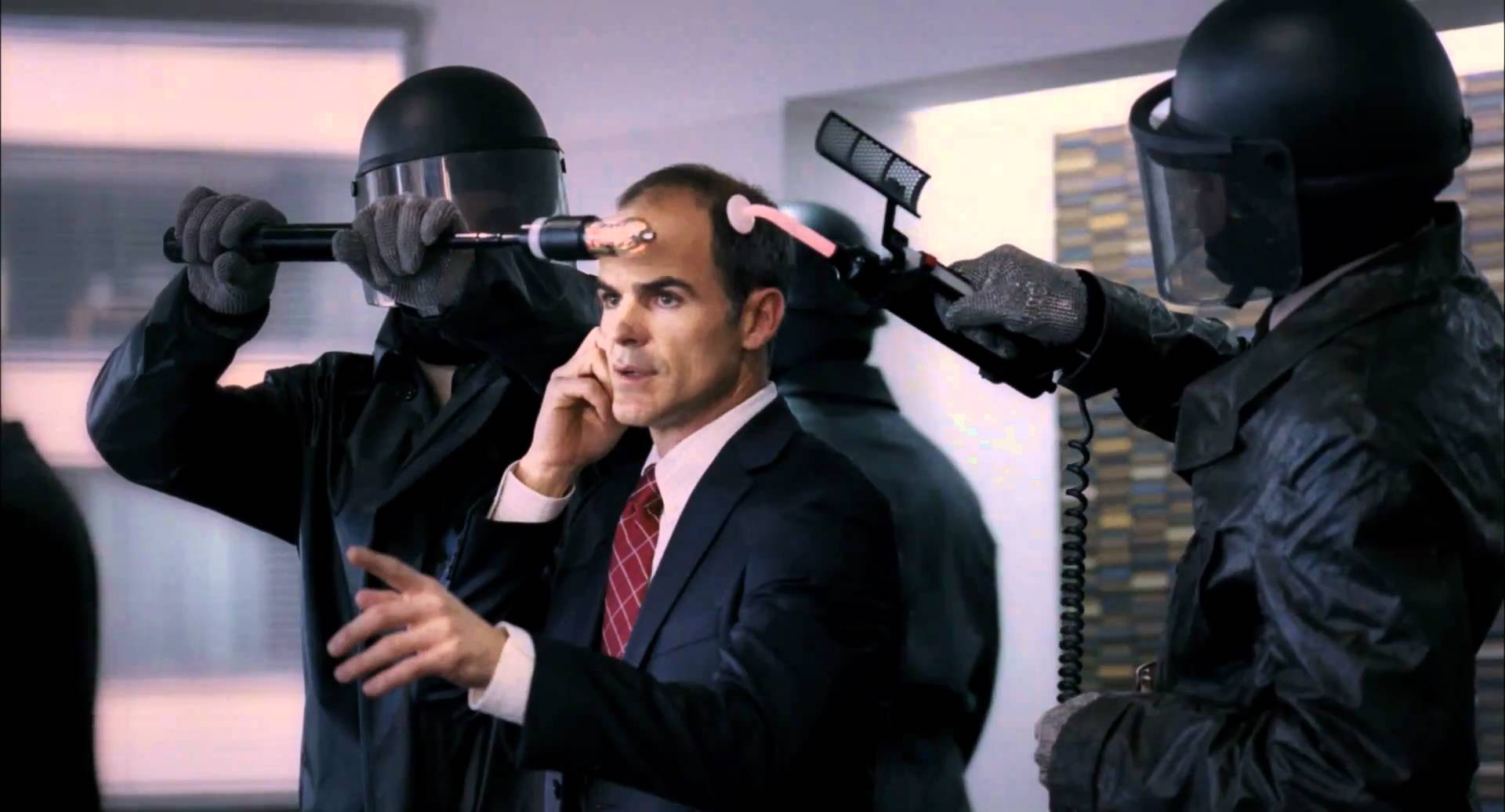
Based on the short story “Adjustment Team” by the master of science-fiction Philip K.Dick, The Adjustment Bureau combines many of the themes of The Matrix with a timeless romantic element. It stars Matt Damon as a young congressman who slowly realises that the seemingly random events in his life are in fact controlled by a higher network.
With a chance encounter with a woman — played by Emily Blunt — probing him to rethink the way the world works, he is soon spurred onto a voyage of self-discovery that is as entertaining as it is expertly made.
It concerns key questions of free will and identity in a world that seemingly has every step of your life planned out. The ostensible Adjustment Bureau that lends the film its name have a way of correcting moments in your life which weren’t supposed to happen. Therefore the film’s lovers have to fight against and elude these forces in order to be happy together. How these conflicts are resolved are what give The Adjustment Bureau its unique charm.
4. The Thirteenth Floor (1999)
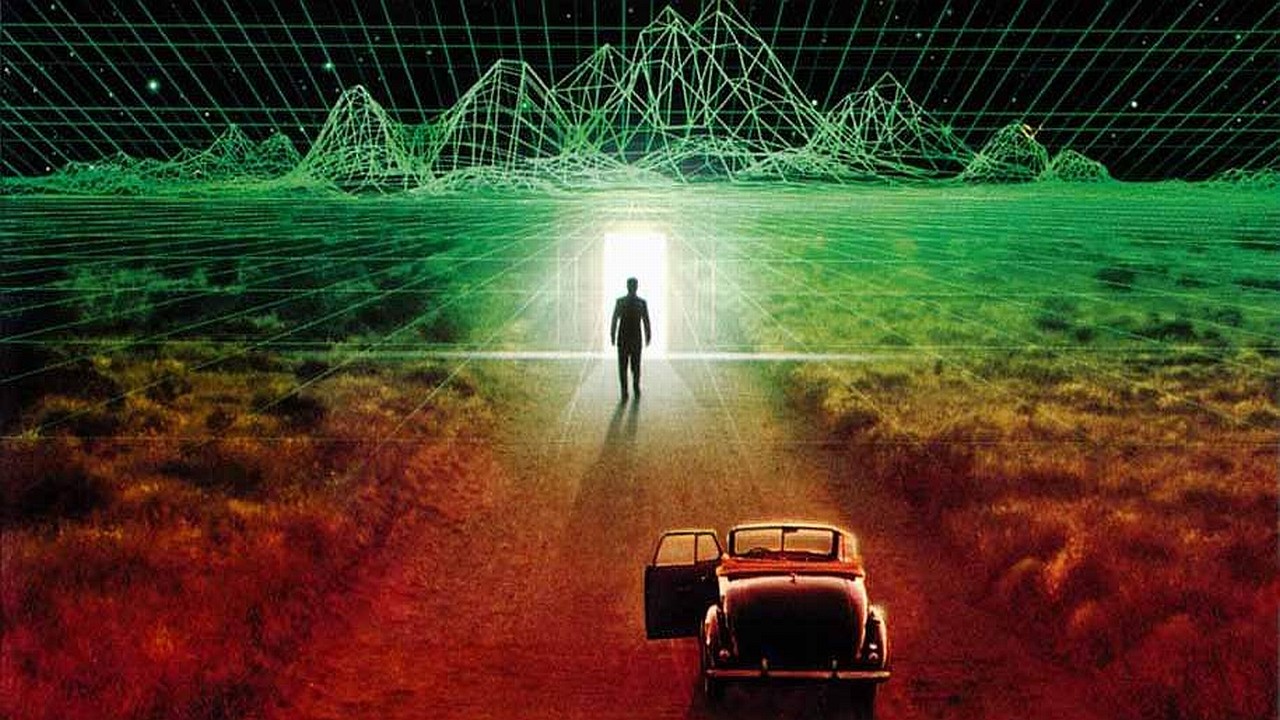
Rather overlooked upon its release, probably as a result of The Matrix’s dominance of science-fiction cinema in 1999, The Thirteenth Floor is in fact a very good science-fiction film highly worthy of reevaluation.
It concerns the invention of a new virtual reality simulation that recreates the world of 1937 Los Angeles. However, things get interesting when the owner of this technology has suddenly been murdered. Soon, the primary suspect —who is also the heir to the company — has to enter this virtual reality in order to find out the truth behind his friend’s murder.
The film was praised upon its release for the impressive computer recreations of both 1937 and 2024 Los Angeles, even if the plot left more than a little to be desired. Containing several plot twists that threaten to pull the rug underneath the entire enterprise, many critics of the original movie were left scratching their heads at the intended philosophical implications.
Nevertheless, for movie-lovers who enjoyed the way The Matrix interrogated the links between the real world and the fake one, The Thirteenth Floor remains an enjoyable riff upon many of the same films.
5. Limitless (2011)
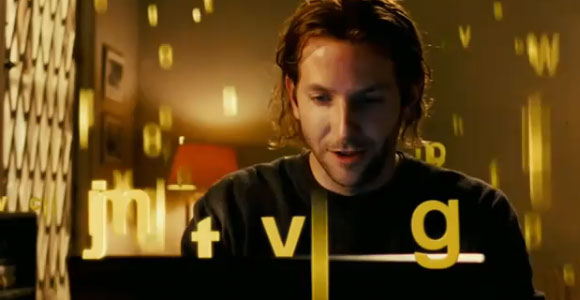
Neo’s choice in The Matrix was between the blue pill and the red pill. The blue pill took him back to the world he was already in whilst the red pill showed him “how deep the rabbit hole goes.” Limitless, starring Bradley Cooper as a down on his luck writer, developed the concept of a drug that can fully expand the limits of human consciousness.
As we know, humans are only able to access a small percentage of their brain. Limitless posited the existence of a special drug that could access every single part of it, in the process allowing humans to be the best possible versions of themselves.
Initially using the drug in order to finish his first novel, Cooper’s character soon realises that its power goes beyond anything that he could possibly imagine. The question that remains is, how much of the drug can he take before it threatens to swallow him under completely? Although the conclusion to the film is highly underwhelming, and squandered its true potential, the journey the film takes us on remains both thought-provoking and entertaining in the manner of the original Matrix film.